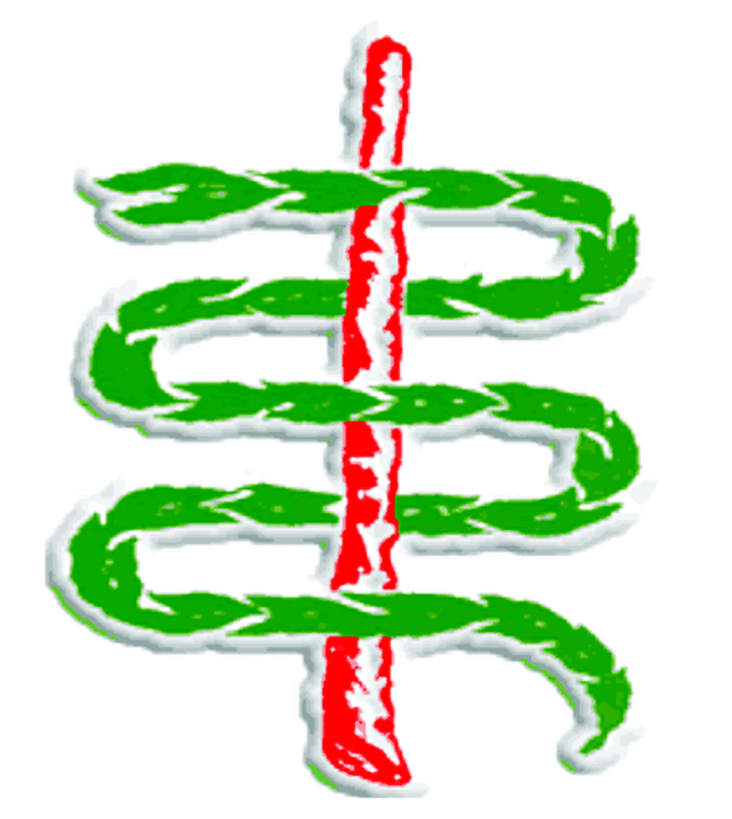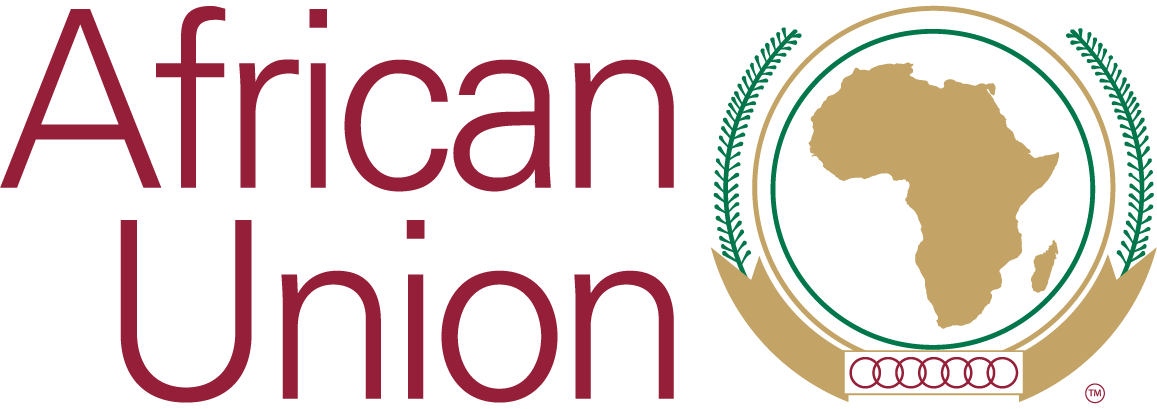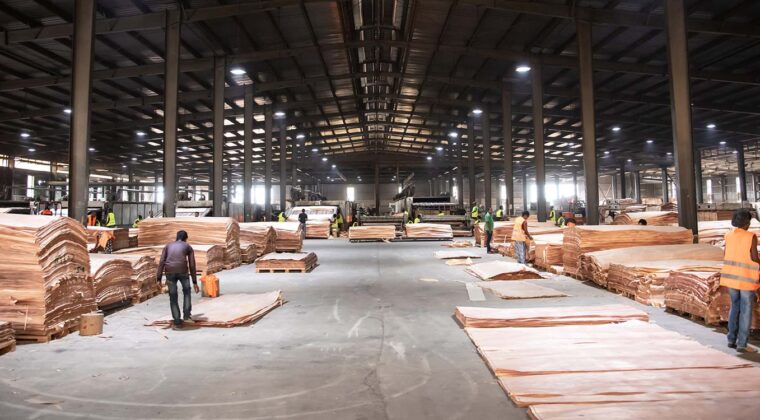African Member States keen to model plant health systems on Special Economic Zones
By Chipiliro Kansilanga in Libreville, Gabon
A special visit to the Nkok Special Economic Zone (SEZ) in Libreville-Gabon, has left African Member States wondering how the continent can leverage such technology and innovation in the promotion and protection of plant health resources.
The Member States spent a day visiting the Nkok Special Economic Zone and were blown away with the strides Gabon has made through the Zone, in protecting the environment and fostering diversified industrial growth.
The multi-sectoral industrial park, Nkok sits on 1126 hectors of land and includes an industrial zone, a commercial zone and a residential zone.
It brings together 144 companies from 19 countries operating in 22 industrial sectors, including a cluster dedicated to wood processing which brings together 84 companies.
The Zone is also Africa’s only carbon-neutral zone, rapidly emerging as West and Central Africa’s manufacturing hub and has so far created more than 40,000 jobs.
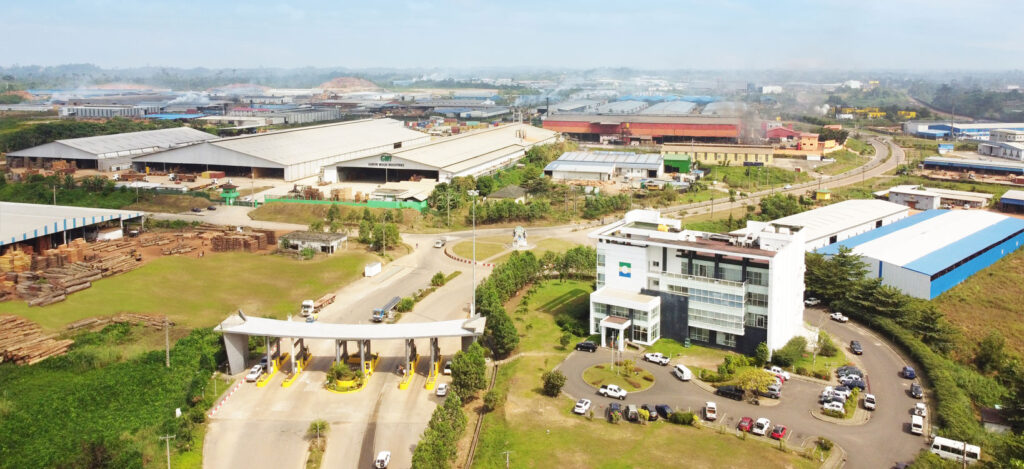
An aerial view of Nkok Special Economic Zone in Gabon. Pic courtesy of Nkok SEZ
“These are initiatives that must propel us in plant health to reflect on what best practices we can learn from this and apply in our field. Plant health is an industry that has not only expertise and resources, but unique potential to help boost economic activities both at national and continental level”, said Mr Charles Nying Shey, Director of Regulation and Quality Control of Agricultural inputs and products at Cameroon’s Ministry of Agriculture.
“These Zones should push us to expand our routine way of applying plant health solutions, there certainly cannot be a standardized way of bringing positive change,” he said.
His sentiments were echoed by 20 other Member States who were keen to learn more on how the Zone operates and specifically what plant health options could be explored using the available innovations.
They engaged with both the technical and operational side of the Zone, which has more than 100 international investors who have made an additional investment of more than $1.7 billion.
While exploring the operations of the Zone, one common stand they agreed on is that African countries could greatly benefit if they modelled their economies on SEZ, to accomplish economic progress and environmental sustainability.
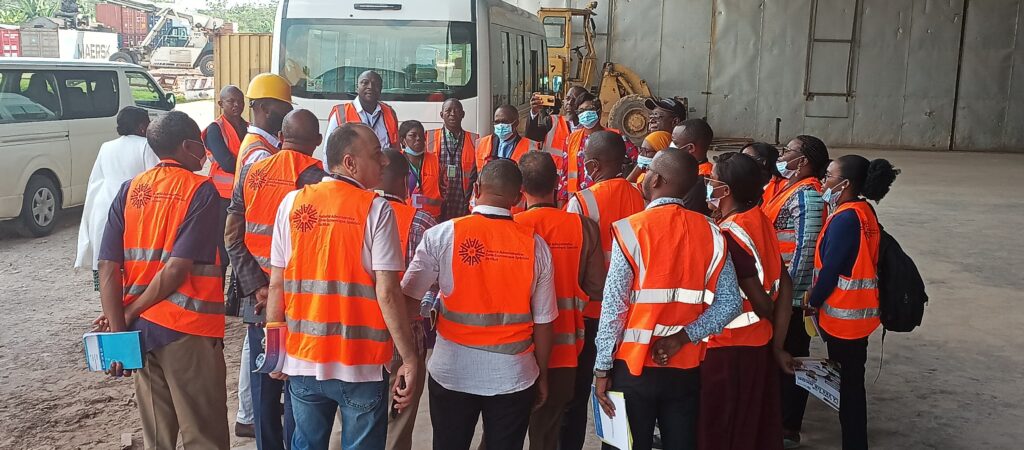
Some of the Member States taking a tour of the manufacturing section at Nkok Social Economic Zone. Pic by Chipiliro Kansilanga
According to United Nations Conference on Trade and Development (UNCTAD)’s 2021 handbook, Africa currently has 237 Special Economic Zones legally established in 37 of the continent’s 54 countries, whose objective is to achieve an Africa-specific model of special economic zones based on lessons from experience and best practices, with a view to supporting the African Continental Free Trade Area (AfCFTA) and in the process accelerating the integration of Africa.
True to this objective, Nkok SEZ provided unique learning experiences, amidst the review and development of AU member states plant protection index and improvement of database gathering of plant health systems, organized by African Union Inter-African Phytosanitary Council (AU-IAPSC).
The process is part of AU-IAPSC’s oversight role of coordinating, promoting and supporting plant protection activities in Africa at national and regional level.
The meeting highlighted how data collection and information sharing is key in plant health, as central activities such as surveillance, pest risk assessment, and policy making rely on the availability of valid and sound data.
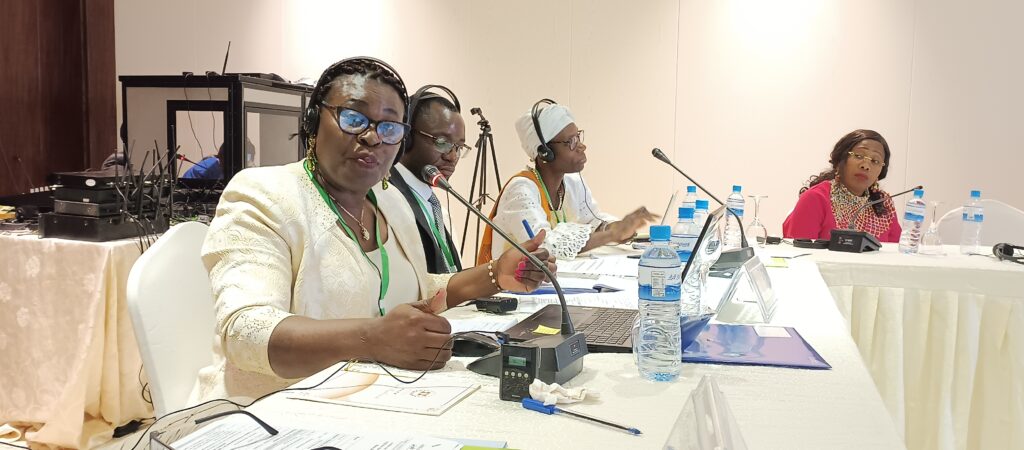
Some of the participants following proceedings during the plant health protection index and data management workshop
Gabon Secretary General in the Ministry of Agriculture Serge Rufin Okana emphasized at the opening of the workshop, that the timing and relevance of the review meeting is crucial, considering challenges and opportunities brought about by the digital era which has amplified the need for efficient data management in key sectors such as agriculture.
“Africa has numerous challenges but availability and reliability of data had remained one of the most serious ones, this meeting is going further to develop Member States’ capacity in not only availability but harmonization and sharing of data and this is important for plant health systems,” said Okana.
On his part, AU-IAPSC Director Jean Gerard Mezui M’ella said apart from enhancing the capacities of AU Member States in the knowledge and application of plant health index and data gathering, the meeting is focusing on the efficient use of resources.
He said participants would further be equipped with enhanced knowledge on pest surveillance, reporting, quarantined pest lists and database and mitigation of the pest outbreak to strengthen continental plant protection systems.
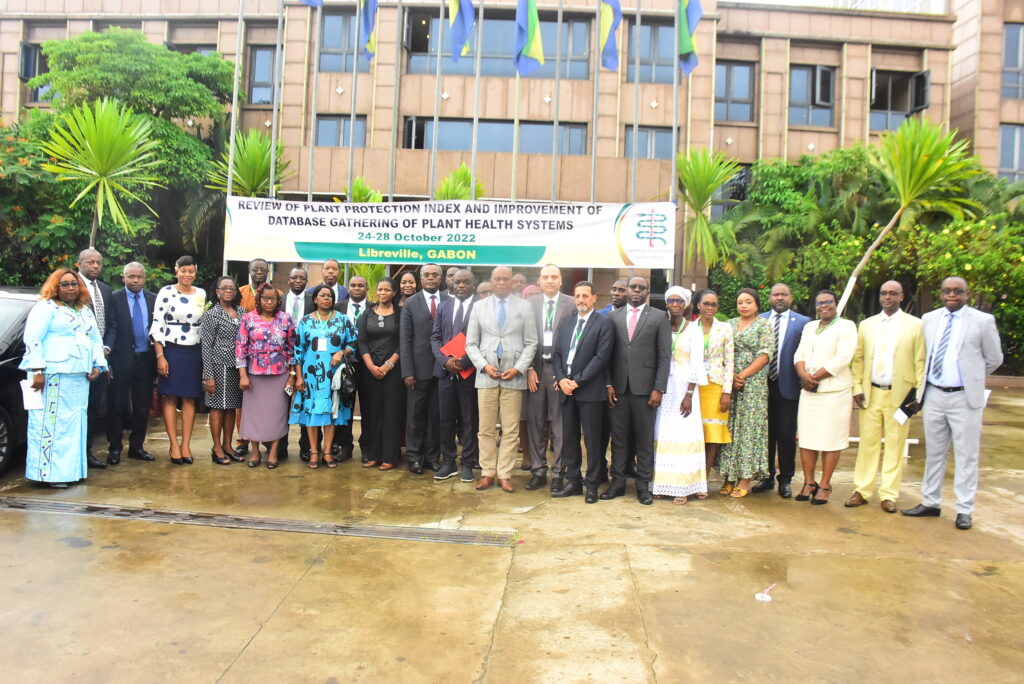
NPPO representatives at the beginning of the plant protection index and data gathering workshop
Through presentations, discussions and panel sessions, the participants are dissecting how other Member States are handling data in various contexts, while sharing of challenges in the same scope will provide an opportunity for possible solutions as they learn from each other.
On the other hand, practical sessions on data management are providing hands-on experience to the participants in the pest data collection and information sharing in plant health and plant pests impacts in Africa for enhancing continental prediction capabilities.
The first phase of Member States present are Zambia, Nigeria, Cameroon, Egypt, Kenya, Ivory Coast, Congo Brazzaville, Equatorial Guinea and the host Gabon.
